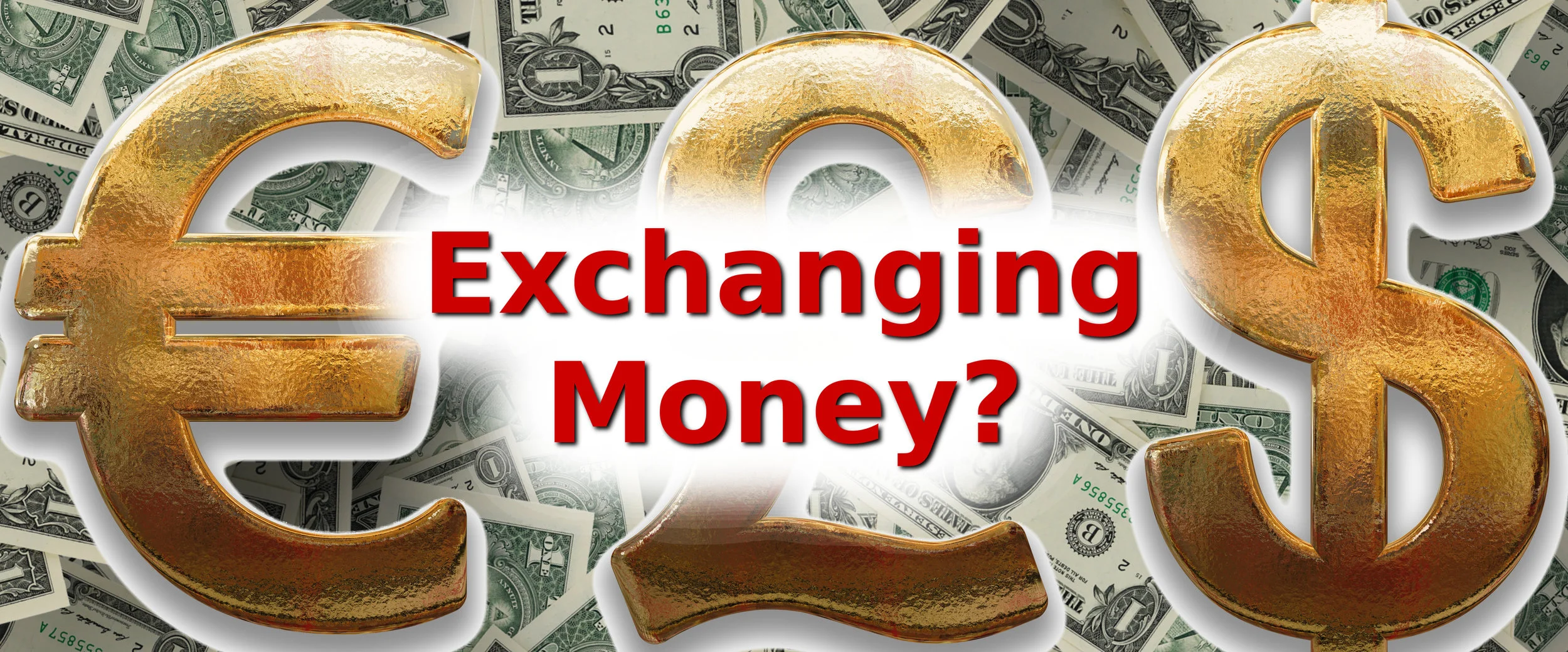When was the last time you paid to use a restroom? The airplane on your overnight Transatlantic, expensive though it may be, doesn’t count. In Germany, public restrooms at train stations, rest stops along the Autobahn, and even some restaurants will have either a bowl with a stern attendant, or a machine with a coin slot that you need to feed 50 cent or 1 Euro coins in order to enter. Why?
Read MoreDepending on the particular bill, or how your bank account is set up, the primary ways of paying bills in the U.S. fall under sending a check, direct deposits, or using a credit card. In Germany, your options are far more limited, and the actual payment itself is taken out of your hands.
In the U.S. money or wire transfers are not the most common way to send money from one person to another. In Germany, unlike in the U.S., the idea of giving or sending someone a check doesn’t really exist. Bank transfers are universally used for everything from paying your bills, to signing up for services online (like Netflix), to small things like paying back a friend for a split purchase. There’s really not much to it.
Read MoreWhen you're packing and planning for what to take on a trip or time studying in Germany, figuring out how to get U.S. dollars exchanged for Euros is just another hassle you'll have to sort out along the way. While most people end up opting for using a cash exchange at an airport or train station, there are other options available that might may more sense for you, based on how long your trip is.
Read MoreSo you're out on the town, and reach into your wallet, pulling out your card to pay off your tab at the local Kneipe (pub), and the bartender shakes their head at you. What gives? In Germany, it's exceedingly common for most small businesses, bars, and restaurants to be cash only, and if they do accept plastic, it's probably only Girocard (or EC card; debit card). But why would this be the case, when everything down to farmers' market stands in the U.S. tend to take cards? Good question!
Read More




